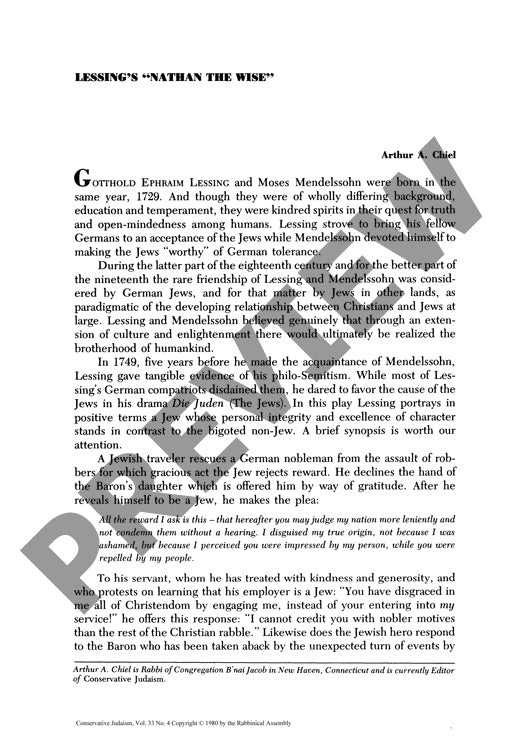Lessings Nathan the Wise
Couldn't load pickup availability
A remarkable friendship between a German playwright and a Jewish philosopher helped forge one of the Enlightenment's most powerful arguments for religious tolerance. When Gotthold Ephraim Lessing met Moses Mendelssohn in 1754, their intellectual partnership would profoundly shape Lessing's dramatic works, culminating in his masterpiece "Nathan the Wise" (1779). Through biographical analysis, examination of personal correspondence, and close textual study of Lessing's dramatic works, this research traces his evolving advocacy for religious pluralism from his early play "Die Juden" (1749) to the revolutionary three-ring parable in "Nathan the Wise." Against the backdrop of Christian-Jewish tensions in 18th-century Germany, Lessing's portrayal of the wise Jewish merchant Nathan argued for the equal legitimacy of Judaism, Christianity, and Islam—a radical position that initially sparked controversy among German audiences and clergy. Historical contextualization and analysis of contemporary critical reception reveal how Lessing's work challenged prevailing Christian prejudices and established a paradigmatic model for interfaith dialogue. This pioneering plea for religious tolerance, though contested in its time, anticipated modern pluralistic thought and influenced German-Jewish relations throughout the 19th century.

More Information
-
Physical Description
-
Publication Information
Published 1980
ISBN
-
Publication Credits
Arthur Chiel

